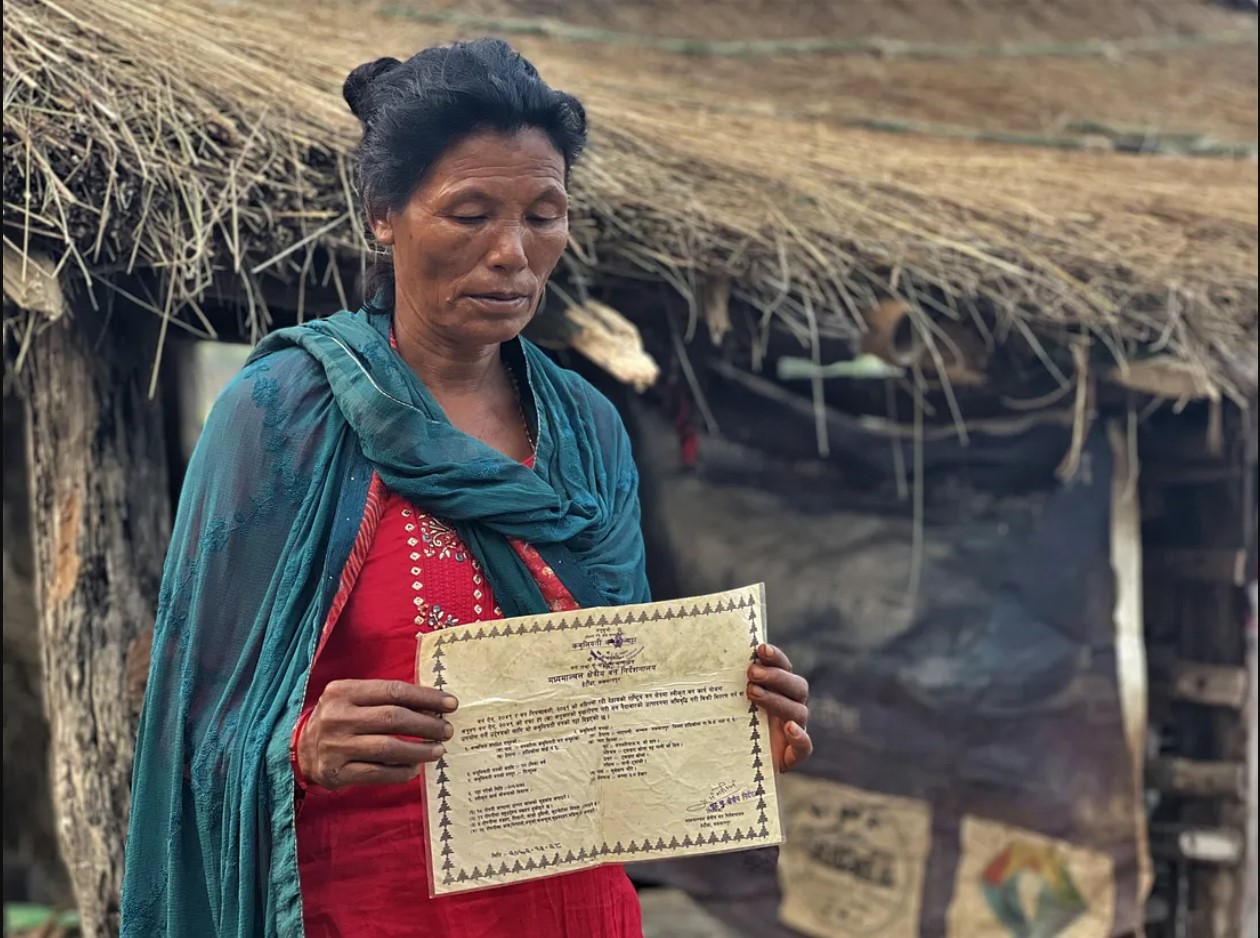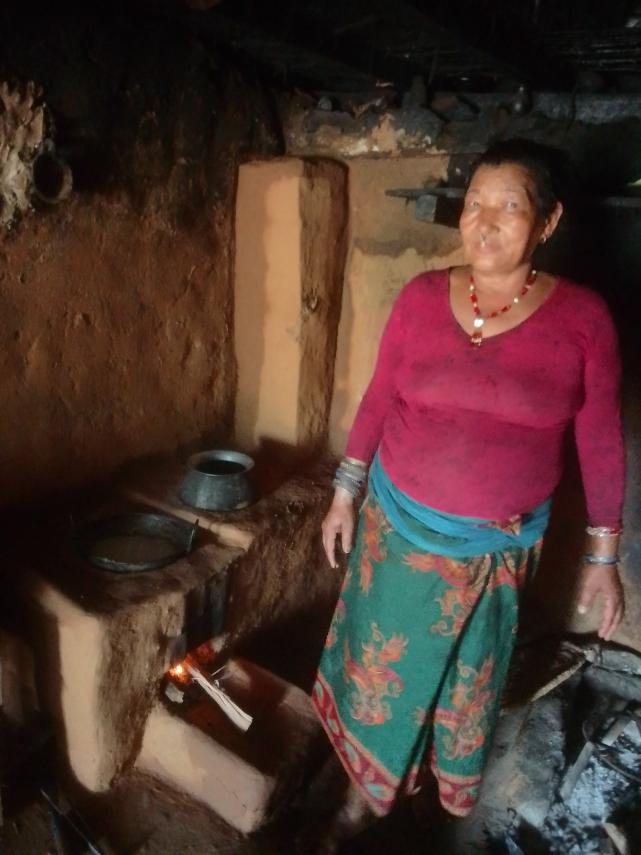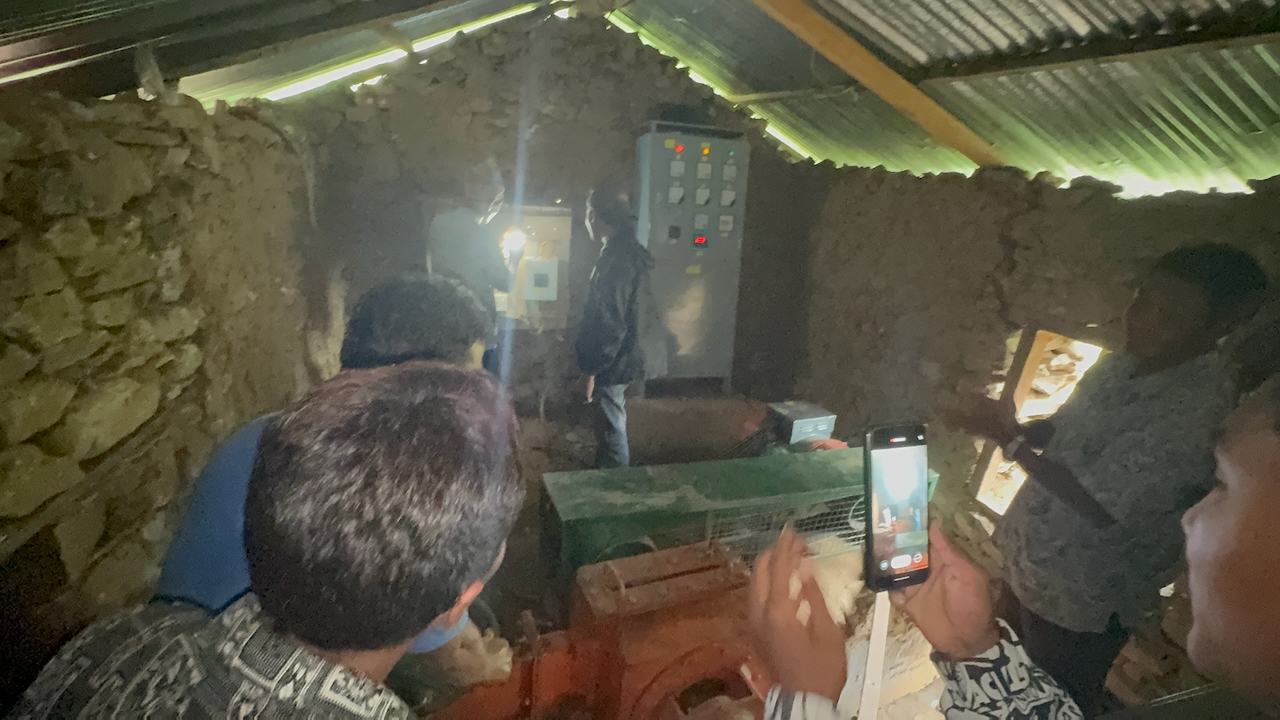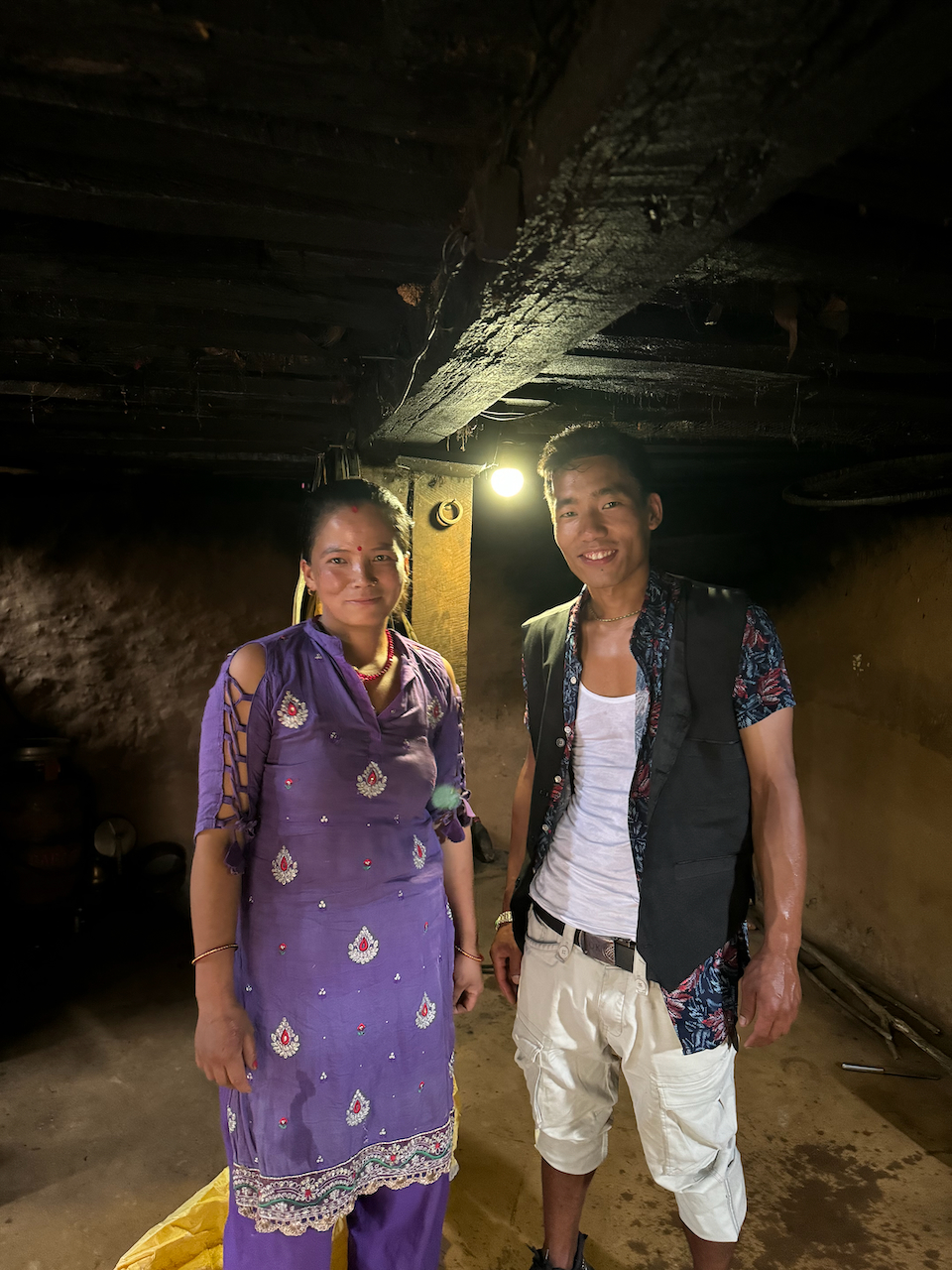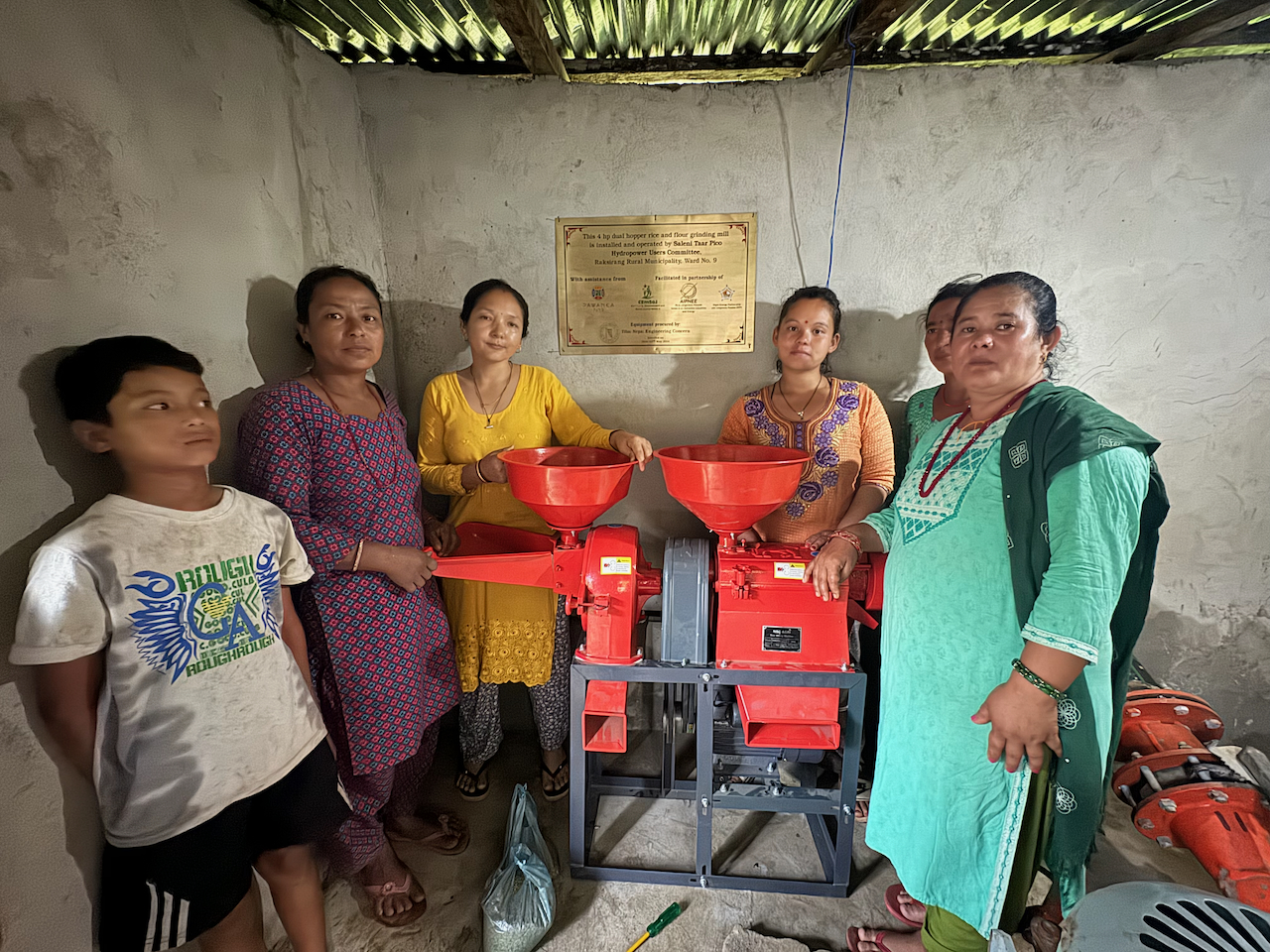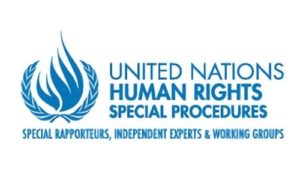In response to a specific instance (complaint) filed with the National Contact Point for Responsible Business Conduct (NCP) of Switzerland under the OECD Guidelines for Multinational Enterprises on Responsible Business Conduct against the Visa Facilitation Services (VFS) Global, the VFS on 9 December has reportedly informed the Swiss NCP in written that it has decided not to extend the lease and to relocate as soon as possible from the premises at the Chhaya Center business complex in Kathmandu’s tourist district of Thamel.
more “VFS Global decides “to relocate from the premises at the Chhaya Center [in Kathmandu] as soon as feasible””Tag: indigenous peoples
Displaced and Landless: Endangered Indigenous Bankariya living in the buffer zone of Parsa National Park in Nepal
This summary report aims to analyze the human rights challenges of Nepal’s endangered Indigenous Bankariya people, particularly to their lands and forest resources, due to Parsa National Park in the south of the country. Traditionally a nomadic group living in forests, Bankariyas were provided six hectares of leasehold forests, where they currently live in informal settlements. The leasehold forests were later incorporated in the buffer zone of the Parsa National Park. Almost two decades later, Bankariyas now face the same challenge as around 6 million people of 34 districts living in buffer zones of various protected areas of Nepal. They do not have titles to the lands that they have been living on, using or occupying for generations. As a result, they face threats of forced evictions and displacement from their current settlement upon expiry of their lease and in lack of land titles.
more “Displaced and Landless: Endangered Indigenous Bankariya living in the buffer zone of Parsa National Park in Nepal”Indigenous Peoples voice concerns on the revised Environmental and Social Framework of the Asian Development Bank
“Without strong safeguards, ADB-financed projects will continue to adversely impact Indigenous Peoples lands, livelihoods, and ways of life”
The Indigenous Peoples Advisory Group (IPAG) issued a statement urging the Asian Development Bank (ADB) to strengthen protections for Indigenous Peoples in the recently released revised ADB Environmental and Social Framework, now open for public consultation. Although IPAG welcomed certain improvements, including the integration of Free, Prior, and Informed Consent (FPIC) in certain ADB-financed projects and a separate section on Cultural Heritage, the group argues that the revisions fall short of adequately safeguarding Indigenous Peoples rights.
more “Indigenous Peoples voice concerns on the revised Environmental and Social Framework of the Asian Development Bank”Complaint filed against VFS Global regarding its involvement with Chhaya Center in Kathmandu with the Swiss government
On 25 August 2024, two anonymous Nepalese organisations filed a complaint against Visa Facilitation Services (VFS) Global with the National Contact Point (NCP) for Responsible Business Conduct within the State Secretariat of Economic Affairs of the Government of Switzerland. The complaint concerns the activities of VFS Global in Kathmandu, Nepal, related to its involvement with the Chhaya Center business complex (also known as Chhaya Devi Complex) in violation of the OECD Guidelines for Multinational Enterprises.
more “Complaint filed against VFS Global regarding its involvement with Chhaya Center in Kathmandu with the Swiss government”Improved Cooking Stoves training provided and construction undertaken at Chyaurang village in Makwanpur
On 25 May 2024, CEMSOJ provided a training on construction and maintenance of Improved Cooking Stove to Indigenous Tamangs and Chepangs of Chyaurang, Saleni Taar and Sukhel villages of Raksirang rural municipality in remote hills of Makawanpur district in southern Nepal. The Stoves are aimed to particularly benefit Indigenous women of the villages of Ward no. 9 of the rural municipality.
more “Improved Cooking Stoves training provided and construction undertaken at Chyaurang village in Makwanpur”15-kW Sankhar Khola Micro Hydropower Project set up at Dhirang village in remote hills of southern Nepal
On 26 May 2024, CEMSOJ inaugurated a 15-kW Sankhar Khola Micro Hydropower Project at Dhirang village of Raksirang rural municipality in remote hills of Makawanpur district in southern Nepal. The project will bring stable electricity for at least 120 households – all Indigenous Chepangs – from Dhirang, Darang, Garling and other villages in Ward no. 7 of the rural municipality.
more “15-kW Sankhar Khola Micro Hydropower Project set up at Dhirang village in remote hills of southern Nepal”4-kW Sisneri Peltric Set Pico Hydropower Project inaugurated at Chyaurang village of Makwanpur district in southern Nepal
On 24 May 2024, CEMSOJ inaugurated a 4-kW Sisneri Peltric Set Pico Hydropower Project at Chyaurang village of Raksirang rural municipality in remote hills of Makawanpur district in southern Nepal. The project will bring stable electricity for at least 37 Indigenous Tamang and Chepang households in Chyaurang, Bhyalche, Tikuti and other villages of Ward no. 9 of the rural municipality.
more “4-kW Sisneri Peltric Set Pico Hydropower Project inaugurated at Chyaurang village of Makwanpur district in southern Nepal”Rice and flour grinding mill handed over for women’s empowerment at Saleni Taar of Raksirang, Makwanpur
On 23 May 2024, CEMSOJ handed over a 4 horsepower dual hopper rice and flour grinding mill to Saleni Taar Pico Hydropower Users Committee for installation at Saleni Taar of Raksirang Rural Municipality, Ward no. 9 in Makwanpur district in southern Nepal.
In response to the request of the Committee, the mill is specifically aimed for socio-economic empowerment of the Indigenous Tamang and Chepang women from among the beneficiary families of the 6 kW pico hydropower plant that CEMSOJ had supported the Committee to set up and operate since last year by using the electricity from the plant not used during the daytime. The Committee has gradually increased its users from 35 to 48 over the year.
more “Rice and flour grinding mill handed over for women’s empowerment at Saleni Taar of Raksirang, Makwanpur”NEWS RELEASE – Nepal: Retaliations against human rights defenders over Chhaya Center business complex ‘deplorable’, say UN experts
GENEVA (14 May 2024) – UN experts* today expressed concern over reports of ongoing retaliations against human rights defenders because of their opposition to the development of the Chhaya Center retail and entertainment complex in Nepal.
Retaliatory acts against human rights defenders are “deplorable and unacceptable”, the experts said. “The targeting of human rights defenders for the sole exercise of their right to freedom of opinion and expression violates international human rights norms.”
more “NEWS RELEASE – Nepal: Retaliations against human rights defenders over Chhaya Center business complex ‘deplorable’, say UN experts”Case Study: Tourism and Indigenous Peoples’ Rights in Nepal
Tourism industry plays and can further play a significant role for Nepal’s economy and prosperity, including in terms of environmental conservation. However, the industry has often entrenched marginalization of Indigenous Peoples in the country and resulted in violations of their rights, including in the context of establishment of protected areas, tourism establishments and businesses as well as representation of Indigenous image.
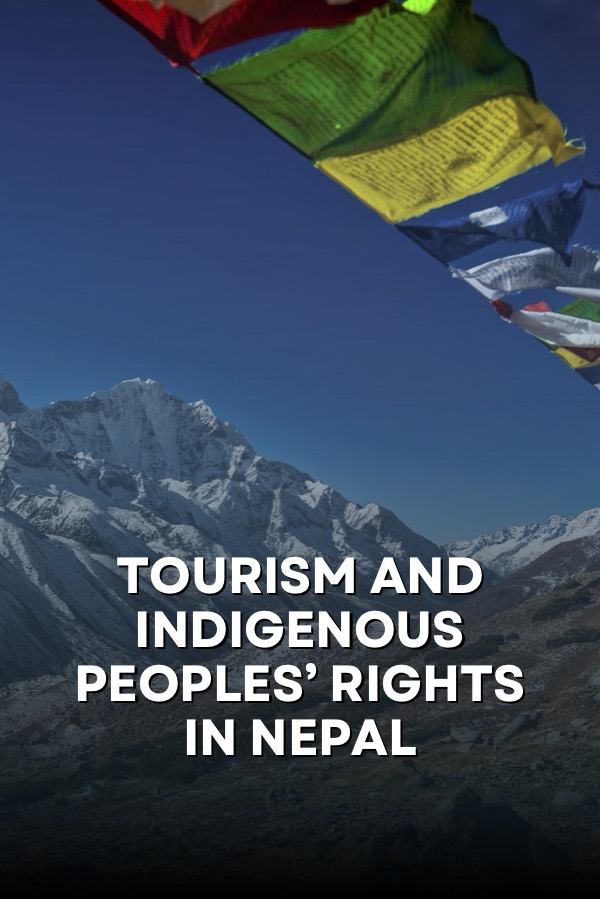
On many occasions, Indigenous Peoples have suffered loss of traditional lands and other violations of their rights in favor of tourism projects, which directly affects their lives and livelihoods. Particularly relevant is the establishment of protected areas, which have been mostly created by displacing Indigenous communities from their lands and resources. Concerningly, Indigenous communities have even been subjected to wide range of abuses, including killings, torture, arbitrary detentions, mistreatment, harassment as well as sexual violence against women at the hands of army, forest rangers and others in the context protected areas set up for environmental conservation and tourism.
Tourism establishments and business have also encroached upon lands and sacred sites of Indigenous communities in various parts of Nepal. Indigenous defenders and activists have faced retaliations and reprisals for raising their voices against violations of their rights and those of their communities in the context of such tourism undertakings, including at the hands of businesses.
more “Case Study: Tourism and Indigenous Peoples’ Rights in Nepal”
